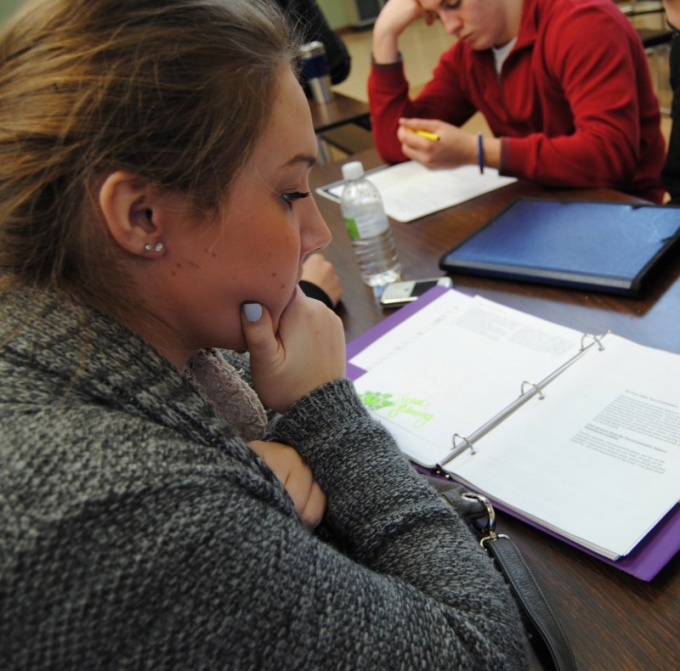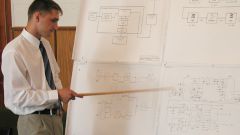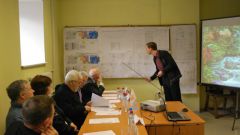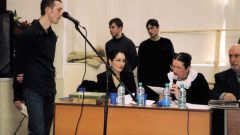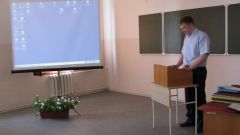Instruction
1
Start preparing in advance. To write a speech for the protection of final qualifying work should begin at least six months before an important event. So you protect yourself from haste and force majeure, which arise with the approach of protection.
2
Review your thesis project. Knowledge of its content - the key to a successful defense. If you will you to gain your diploma, you will not have problems with answers to Commission questions, - do you just open the right section and confirm your professionalism accurate data.
3
Do not lose contact with the head of the graduation project. His experience will come in handy and will help not to drop a clanger before the Commission. Check with him every new version of protective speech, discuss the possibility of the presentation and any other issues.
4
The content of the speech should consist of three main paragraphs - introduction, main body and conclusion. The introduction introduces the Commission with the project's topic and its relevance, according to the task set before you. Justify the choice of the subject and proceed to the next section.
5
The main part outlines the content of the Chapter degree. Describe the structure of the work, give a brief explanation about what is described in the sections. Remember that your task is not to retell the degree as to interest the members of the Commission and provide them to the court the results of your research.
6
In conclusion, tell us about the results achieved, the objectives and the conclusions to which you came. Increased professionalism will be the inclusion of several of your personal suggestions for improving the situation related to the problem posed in the diploma.
7
Read aloud the finished speech. It should take no more than seven minutes, otherwise the Commission simply will not allow you to finish your statement.
8
Be prepared for the questions that necessarily arise from the Commission. To know approximate circle, talk to the Director and will play at the pre-defense. This event is organized specifically to study the reaction of students and present teachers and also aid in correcting defects.
Note
Before the performance you will have to pull myself together and cope with anxiety. Hello members, remember to speak clearly and slowly. Don't be afraid if you stop, perhaps your project has been studied in advance, so the Commission may decide not to hear it until the end.
Useful advice
Observe the office dress code. Vivid, vulgar and other inappropriate costumes are not suitable for graduation.
